About Publications Library Archives
cthl.org

Preserving American Heritage & History

Preserving American Heritage & History
Articles, Revolution, Battles & Biographies
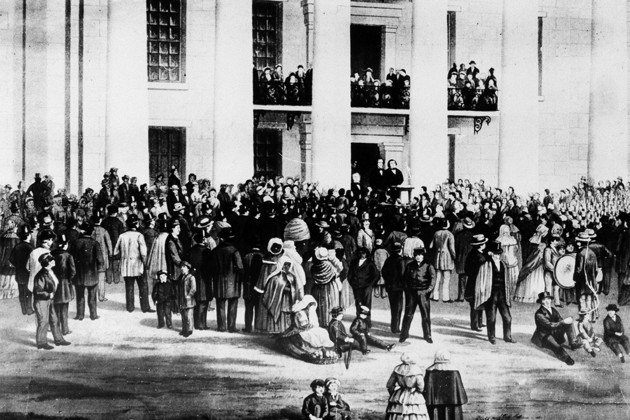
On this day in 1861, a telegram arrived at Brierfield, Jefferson Davis’ Mississippi plantation, informing him that on the previous day, breakaway delegates meeting in…
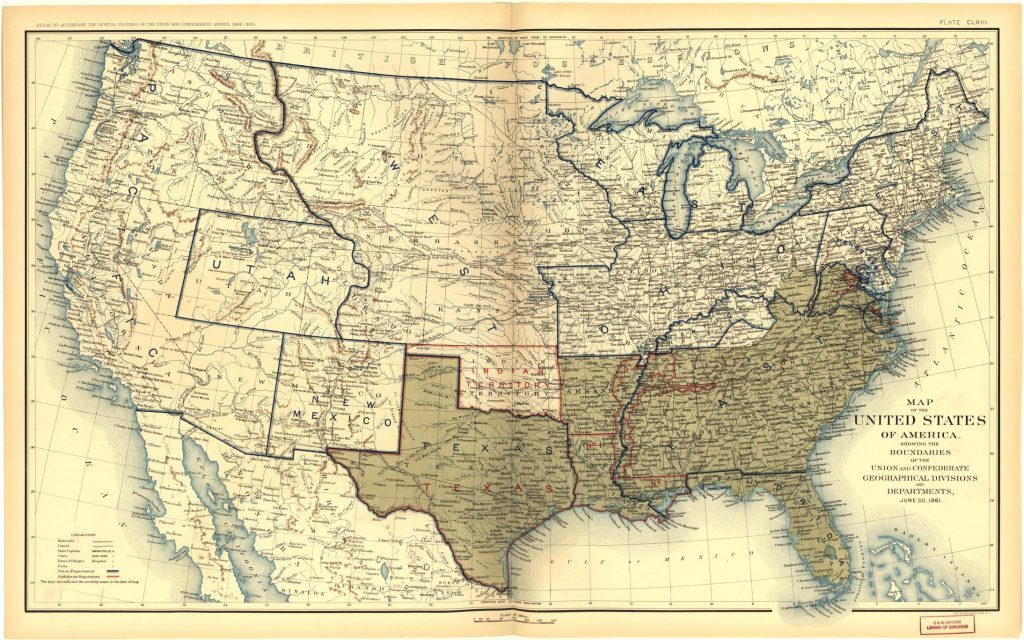
The Confederate Army had difficulty throughout the war in supplying its field officers with adequate maps.
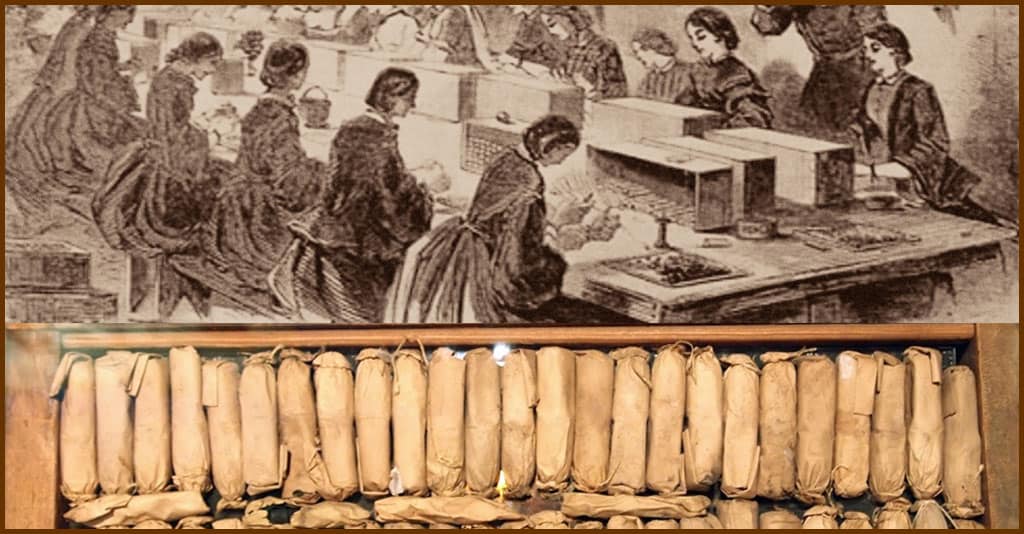
In the early afternoon on September 17, 1862, just about 200 miles from where the Battle of Antietam was taking place, another Civil War-era tragedy…
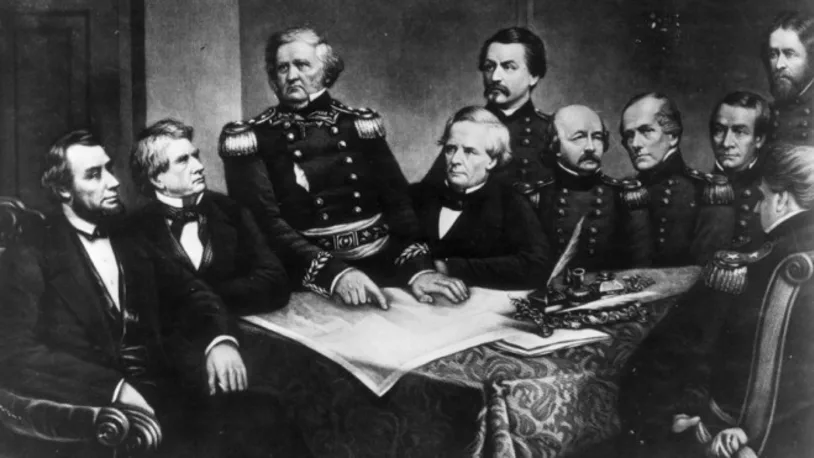
The Revenue Act of 1861, formally cited as Act of August 5, 1861, Chap. XLV, 12 Stat. 292, included the first U.S. Federal income tax statute (see Sec.49). The Act,…
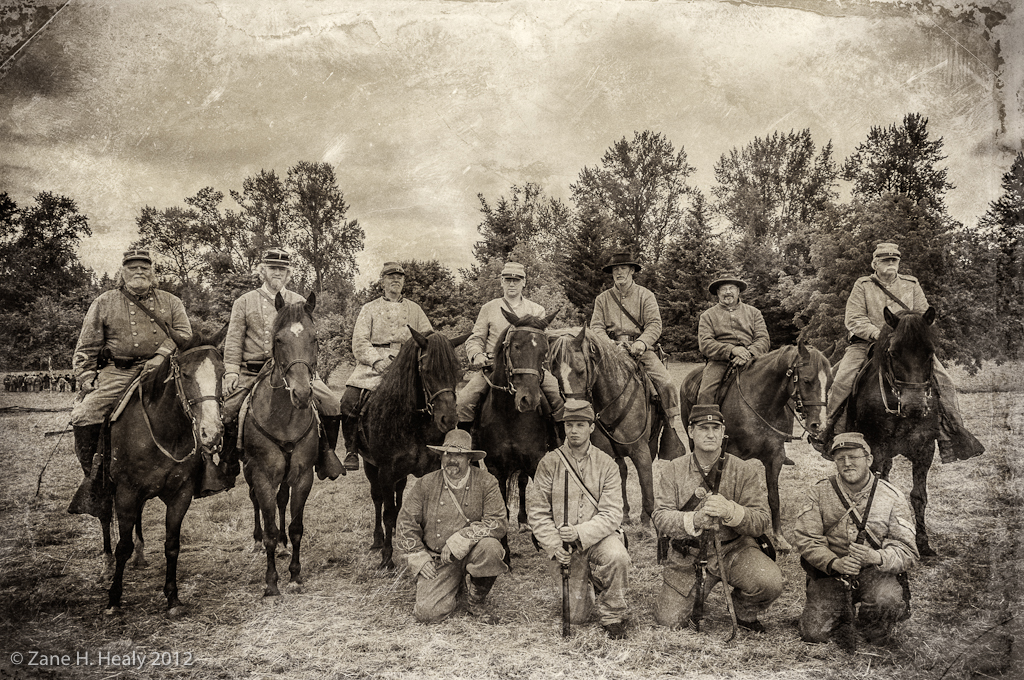
Robert Ransom Jr. (February 12, 1828 – January 14, 1892) was a major general in the Confederate States Army during the American Civil War. His brother Matt W. Ransom was also a Confederate general officer…
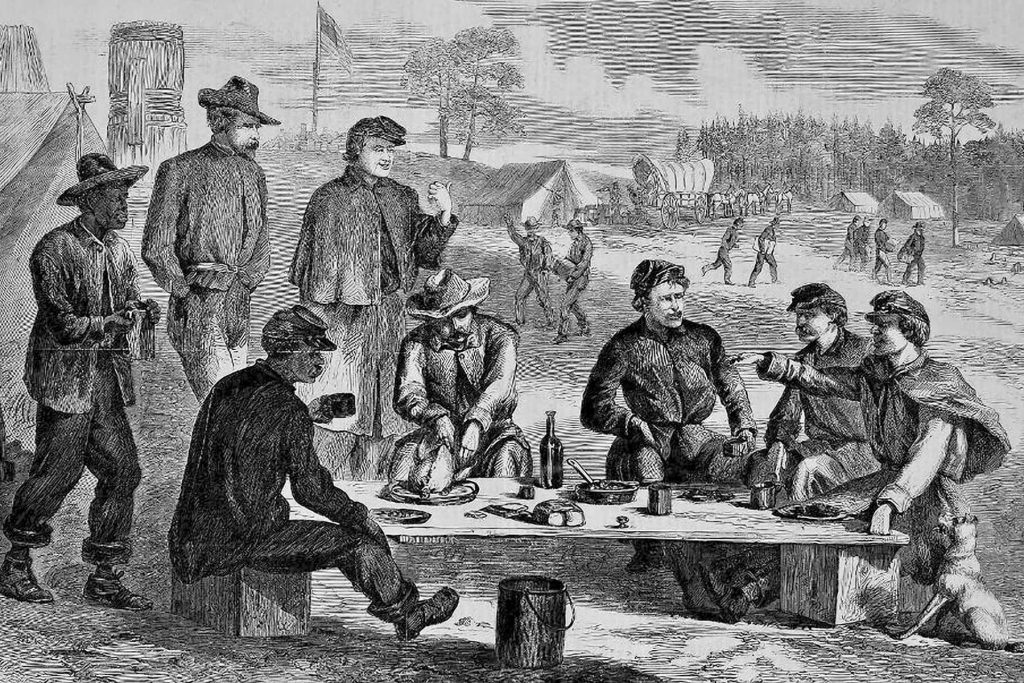
In October 1863, President Abraham Lincoln issued a proclamation of thanksgiving, calling upon the nation to set aside the fourth Thursday of November to pause…
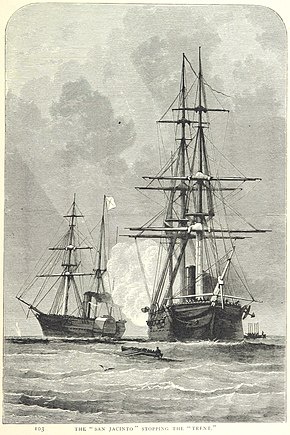
John Slidell In accordance with the authority conferred by this Congress, the Confederate President appointed John Slidell and James M. Mason diplomatic agents in October…
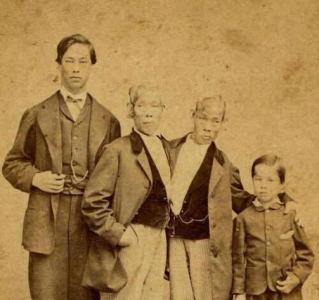
Probably the most famous Asian Confederate soldiers were the two sons of famed P.T. Barnum Circus world-renowned Siamese Twins, Chang and Eng Bunker. (The Thai twins took the name “Bunker”…
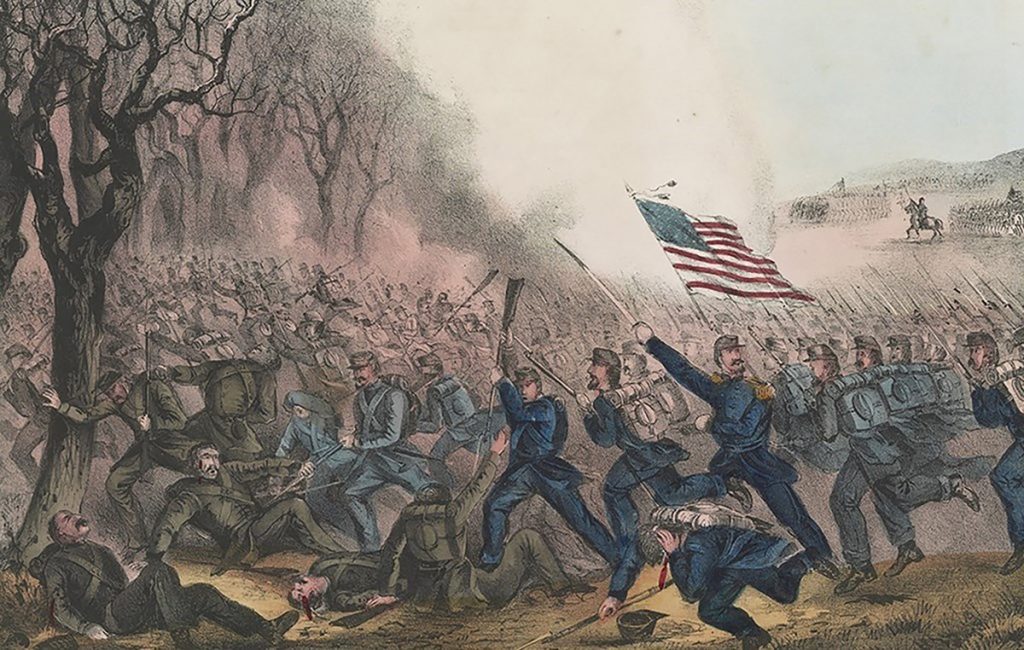
Although Brig. Gen. Felix K. Zollicoffer’s main responsibility was to guard Cumberland Gap, in November 1861 he advanced west into Kentucky to strengthen control in the area around Somerset. He…
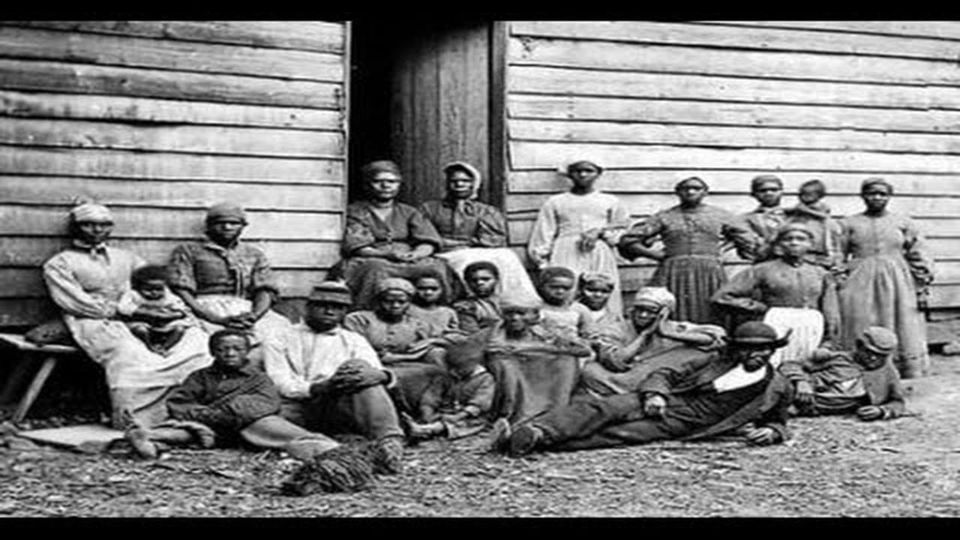
A bit of Natchez, Mississippi history during Union occupation that conveniently gets swept under the rug, as it destroys the narrative of Lincoln’s virtuous war of emancipation. According to local…
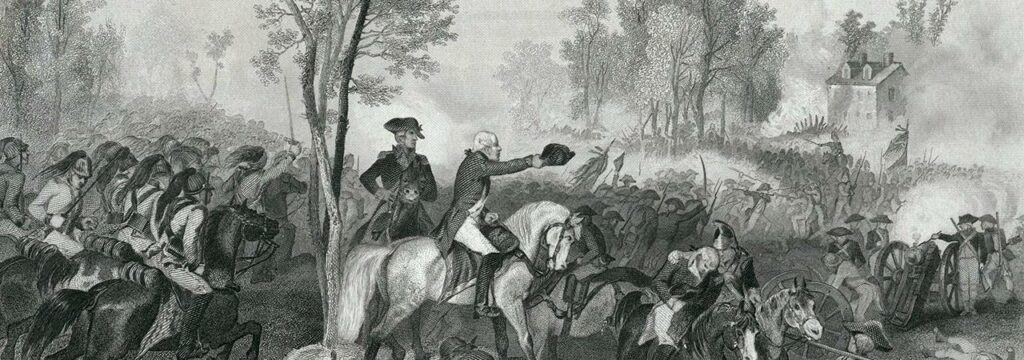
Background Seven years of British determination to bring South Carolina to her knees met failure. The spirit that had long resisted royal edict and church canon, the fierce desire and…
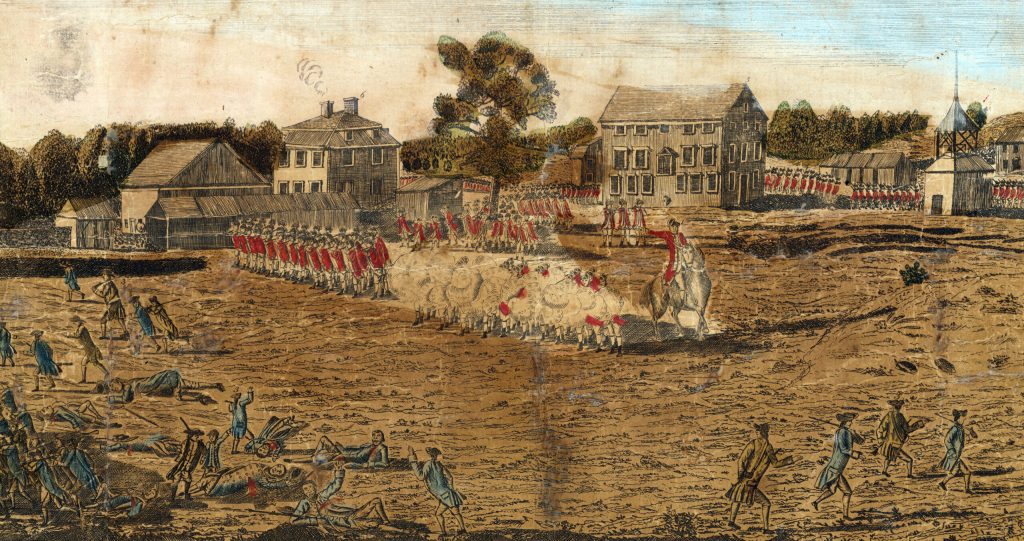
They were fought on April 19, 1775, in Middlesex County, Province of Massachusetts Bay, within the towns of Lexington, Concord, Lincoln, Menotomy (present-day Arlington), and Cambridge, near Boston.
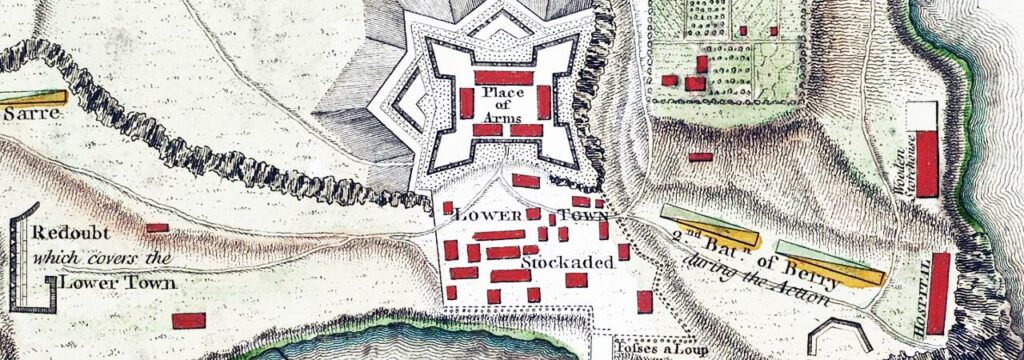
Overview On April 19, 1775 the Revolutionary War had begun with the skirmishing at Lexington and Concord Massachusetts. Once the British detachment retreated to Boston, the Siege of Boston began. As…